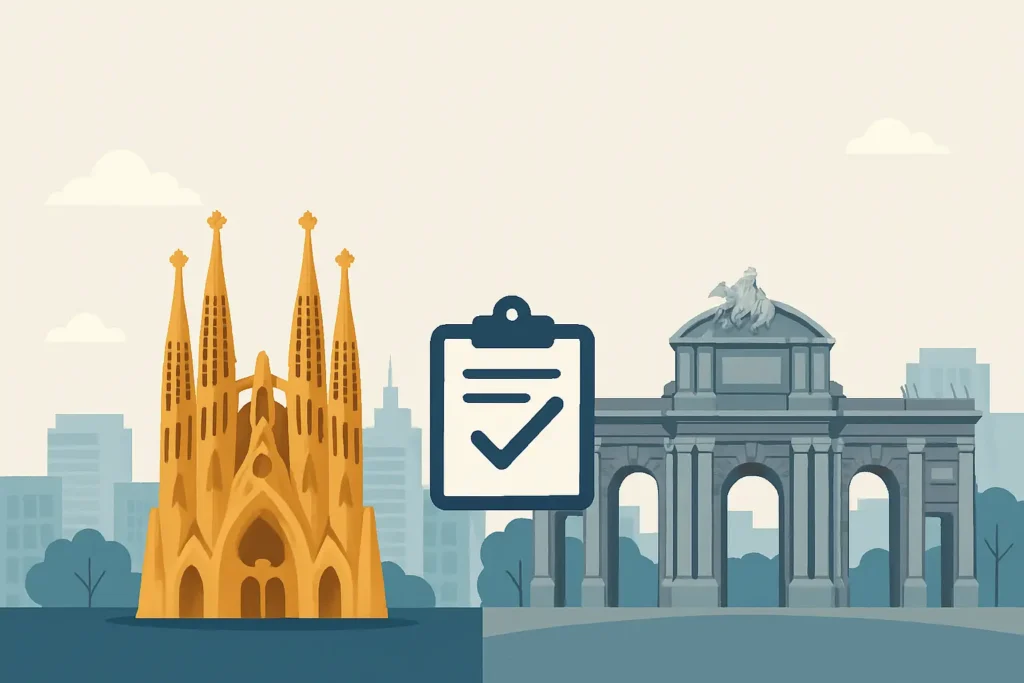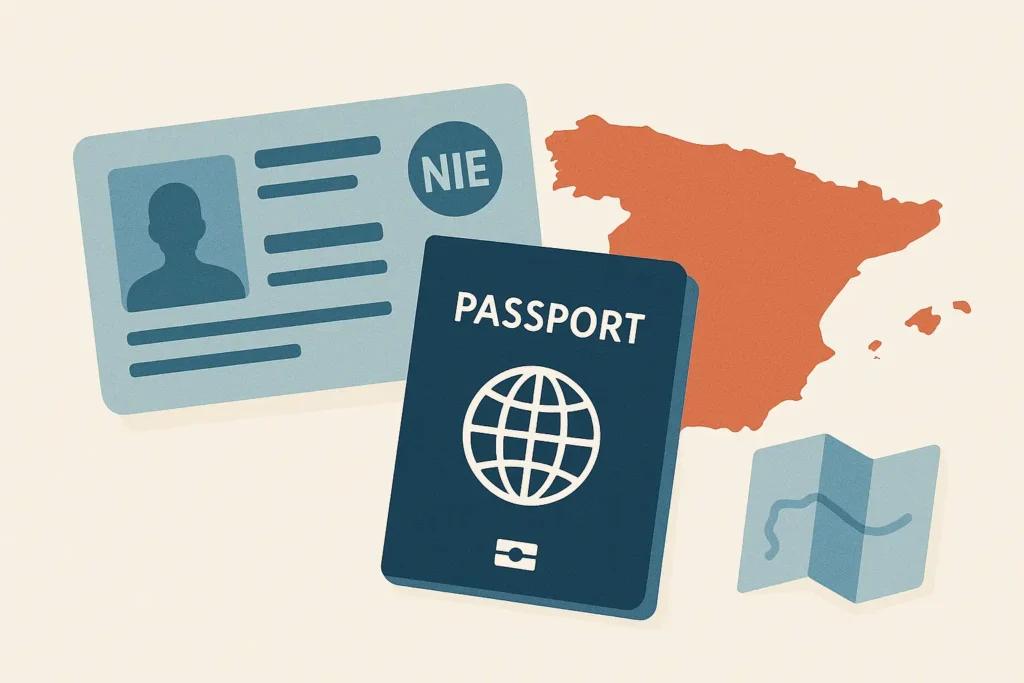SERVICES
Homologation
At T2S Premium, we specialize in the homologation of foreign educational and professional documents, ensuring their legal recognition in Spain. Whether you’re an expat or planning to enroll your children in a local school, we help ensure your foreign qualifications and school records meet the necessary requirements for recognition in Spain.


What We Do
Diploma and Degree Recognition
We help individuals who have studied abroad to have their diplomas or degrees
recognized by local authorities.
School Record Homologation
We assist families moving abroad by ensuring their children’s school records
(e.g., transcripts, certificates) are recognized by local private and public schools.
Professional Licensing
For professionals such as doctors, engineers, and teachers, we help facilitate the
homologation of foreign licenses to meet local qualifications.
Who Needs This Service
- Expats –People relocating to Spain, who need to have their foreign diplomas or professional credentials recognized.
- Families - Parents looking to enroll their children in schools abroad will need to ensure their children’s academic records are homologated.
- Professionals - If you are a professional seeking to practice in Spain, you’ll need to have your qualifications validated by the relevant local authorities.
Why Choose Us
- Expertise in the homologation process.
- Tailored solutions for both individuals and families.
- Fast and efficient service to ensure smooth transitions for relocation or career changes.
Your trusted partner in making Spain your home.
Barcelona
- Carrer de Descartes 20
- 08021 Barcelona
- office@t2spremium.eu
- +34 663 44 32 43
Madrid
- Calle José Ortega y Gasset 73
- 28006 Madrid
- office@t2spremium.eu
- +34 936 45 98 17
FAQs:
Homologation
What is homologation?
Homologation refers to the process of officially recognizing foreign documents,
such as diplomas, certificates, or legal contracts, to ensure they are legally valid
and accepted in a new country. This process is crucial for expats, professionals,
and students who need their documents recognized by local authorities.
Why do I need to homologate my documents?
You need to homologate your documents to ensure they are recognized as valid
in your new country of residence. This is often required when applying for jobs,
enrolling in educational institutions, or fulfilling legal requirements (e.g., marriage
or divorce certificates) in the destination country.
What types of documents require homologation?
Documents such as educational certificates (high school diplomas, university
degrees), professional licenses, birth or marriage certificates, and other legal
documents often require homologation. The specific documents depend on the
country’s regulations and the purpose of the homologation (e.g., employment,
education, or legal processes).
How long does the homologation process take?
The length of the homologation process can vary depending on the type of
document, the country involved, and the specific requirements of local authorities.
On average, it can take anywhere from a few weeks to several months. It’s
advisable to start the process well in advance to avoid delays.
Do I need to translate my documents for homologation?
Yes, in many cases, documents must be translated into the official language of
the destination country by a certified translator. Some countries require notarized
translations, while others may accept translations by official translators registered
with local authorities.
What are the requirements for homologating a diploma or degree?
Homologating a diploma or degree generally requires providing the original
document, along with proof of your educational institution’s accreditation. Some
countries may also require you to submit a transcript, course descriptions, or
evidence of the duration of study. Additionally, you may need to have your
document authenticated or notarized before submission.
Can I homologate documents if they are not in the official language of the destination country?
Yes, but you will most likely need to have your documents translated into the
official language of the destination country. As mentioned, the translation must
often be done by a certified translator or an authorized agency, depending on the
country’s legal requirements.
Is homologation necessary for all countries?
Not all countries require homologation for foreign documents. However, most
countries will ask for homologation if you plan to use the documents for legal,
educational, or professional purposes. It’s essential to check the specific
requirements of the country where you intend to use the documents.
GET IN TOUCH!
Let us simplify it for you!
Whether it’s your diploma, your child’s school records, or
professional credentials — we manage the entire homologation process for you.
From translations to legal validation, we handle every detail so you don’t have to
worry.


